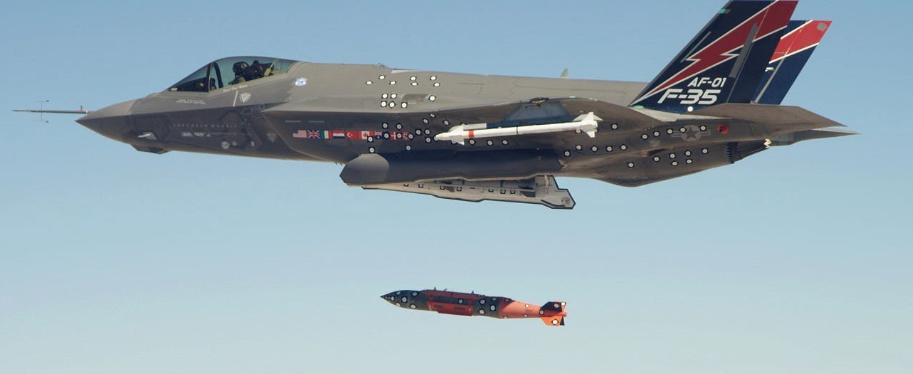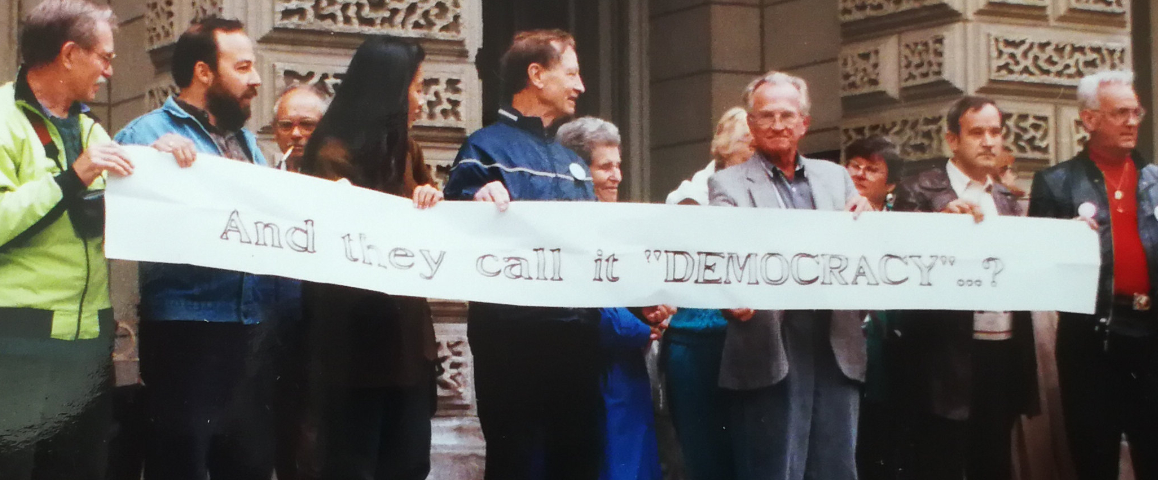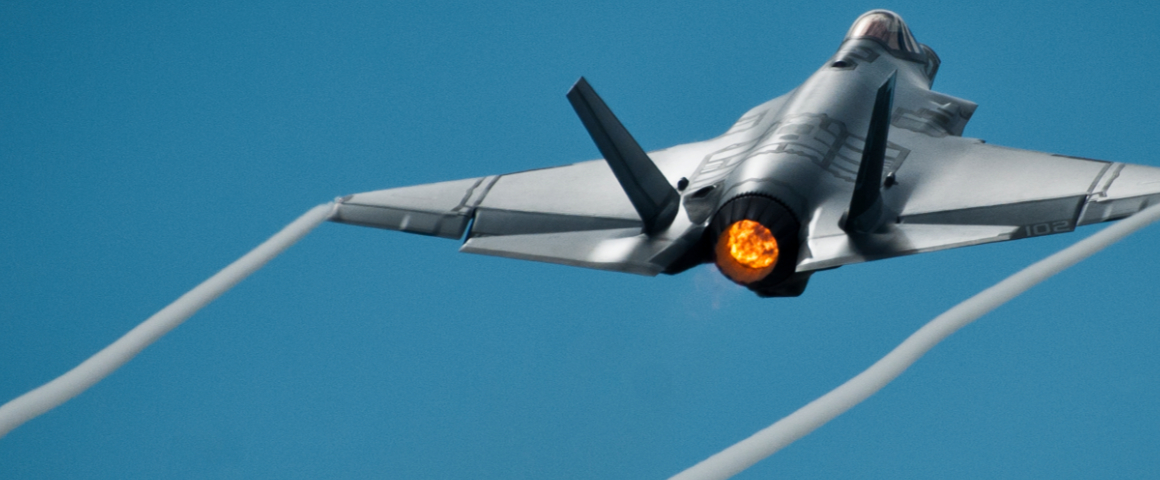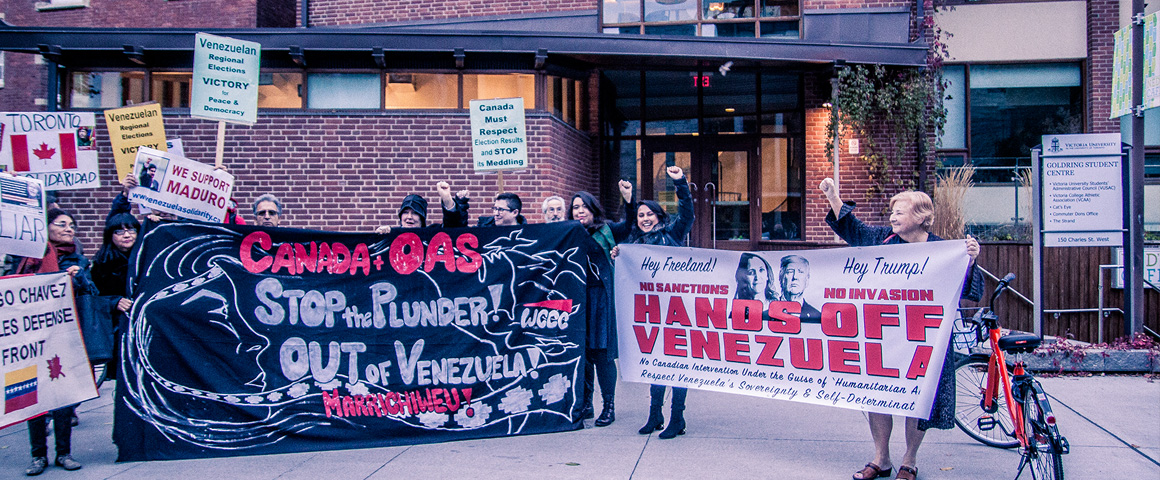Every August, commemorations of the nuclear bombings of Hiroshima and Nagasaki are an important reminder of the dangers of nuclear weapons and the importance of ongoing disarmament efforts. People in Canada generally don’t think of this as a nuclear weapons country – the deployment of nuclear-tipped Bomarc missiles in Canada was ended in 1972, and the nuclear-armed CF-101 fighter jet was replaced by the non-nuclear CF-18 in 1984. More often than not, people here consider nuclear disarmament “an American issue.”
In fact, though, Canada is heavily involved with nuclear weapons funding and proliferation. Membership in military alliances like NORAD and, especially, NATO compel the government of this country to participate in funding, maintaining and, ultimately, operating nuclear arsenals. That the alliance structures obscure this reality is one of the many reasons for Canada to immediately and unilaterally withdraw.
More concerning, the Canadian government has also been taking deliberate steps to bring direct operational use of nuclear weapons back to the Canadian military itself. The vehicle for this is the F-35 fighter jet. In addition to providing ongoing development funding, both Conservative and Liberal governments have aggressively promoted deals to purchase the F-35. While the Trudeau Liberals initially shelved the Harper-era deal to purchase 65 of the fighters, they have carefully manipulated the subsequent procurement review to position the F-35 as the only viable option. The political debates typically include plenty of information about costs, operational needs, reliability, and the economic benefits of procurement contracts.
But the big piece of news that never seems to make it into the mainstream media is that the F-35 is specifically designed to carry a nuclear bomb. In fact, the production program explicitly includes upgrades to the to B-61 bomb, whose variable nuclear payload will be “dialable” from 0.3 kiloton to 50 kilotons (over 3 times larger than the bomb dropped on Hiroshima). By providing over $500 million in funding to the F-35 Joint Strike Fighter program, the Canadian government has already delivered public funding to nuclear weapons development, delivery and proliferation. If the government is allowed to go through with its plans to acquire the F-35, the Canadian military will become part of multi-national delivery system for US-NATO nuclear weapons.
Canada is a nuclear weapons country, and nuclear disarmament is as much a “Canadian” issue as it is anybody else’s. If remembering Hiroshima and Nagasaki means anything, surely it is that we must take up this issue and constantly, unrelentingly demand that governments – beginning with this country’s – take immediate and comprehensive steps to rid the world of nuclear weapons.




